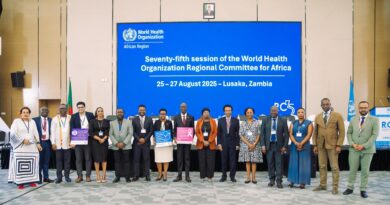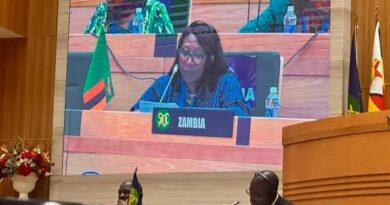Zambia’s Performance Outlook on Constituencies
The performance of Zambia’s constituencies presents a mixed picture of both progress and some with deep challenges.
On one hand, the expansion of the Constituency Development Fund (CDF) keeps the pace upward and on the other side, there is unwavering effort by government’s supportive commitment to the ideals of decentralisation which marks as a serious historic shift moving towards local empowerment interests and community-driven development.
The CDF fund has been considered as a fantastic model to champion grassroot effects and community projects but the central government needs to make better policy decision models in regards to easing monitoring and evaluation aspects of community projects.
Constituencies such as Rufunsa, Roan and Lukashya with few many others, have recorded above-average utilization rates, clearly this demonstrate that when local authorities have both capacity and clear leadership, the fund can be translated into some tangible projects that benefit citizens.
However, the overall under-performance with national CDF utilization for community projects currently sitting at slightly below 42%, as this further reveals of persistent structural weaknesses.
Many constituencies, including Lusaka Central, Kaputa and Chilubi, have continued to lag due to some administrative bottlenecks, weak project management skills and lack of accountability frameworks. This not only delays service delivery but also undermines the credibility of decentralisation reforms.
The development observed also exposes a worrying trend, where the politicisation of CDF allocation and project selection is observed.
Ambiguities in the legal framework have continued to show overlapping roles for Members of Parliament, Ward Development Committees and the local authorities.
However, it is important to note the fund has been kept on increasing trends but without strong checks and balances, constituencies risk turning CDF into a tool for short-term political gain rather than cultivating the models of sustainable development.
Going forward, three interventions are critically required to be seriously looked into:
- Strengthening capacity at the constituency level through training in financial management, procurement and project evaluation methodologies.
- Enhancing transparency and oversight by publishing utilization reports in real-time and empowering citizens’ committees to monitor projects.
- Depoliticising the process clarifying the legal roles of MPs and local structures to ensure decisions are community-driven rather than party-driven.
Ultimately, Zambia’s constituencies are the frontline of service delivery and political accountability. Their performance will directly determine whether decentralisation succeeds in improving livelihoods or becomes yet another missed opportunity.



